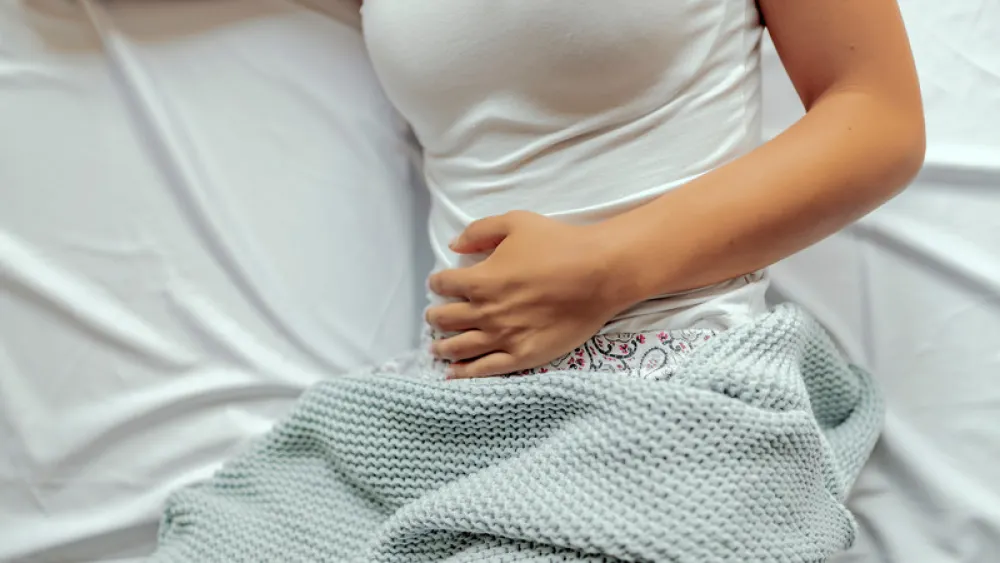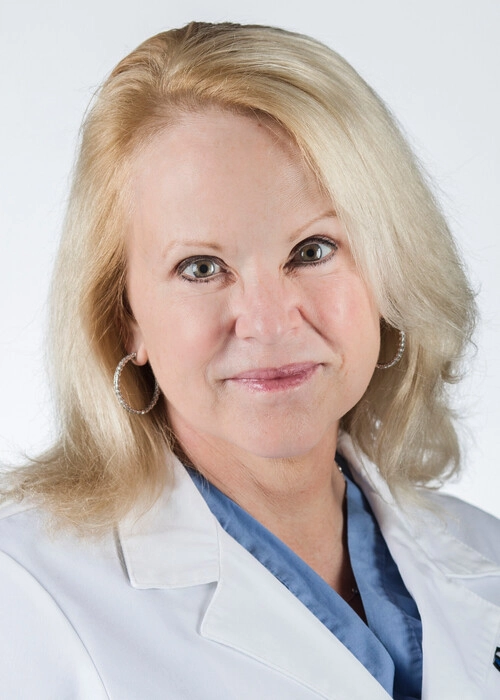Women's Health
Understanding ovarian hyperstimulation syndrome
Published: Feb. 7, 2024

If you’re undergoing fertility treatment or at least considering it, you know how daunting the process can be. While the pregnancy rates associated with treatment are promising, rare complications can occur – one of them being ovarian hyperstimulation syndrome (OHSS).
OHSS, a condition characterized by ovarian enlargement with or without abdominal distension and discomfort, occurs when a woman’s ovaries have an exaggerated response to fertility medication designed to induce oocyte – or egg – development (controlled ovarian stimulation).
Symptoms can include:
- Nausea and/or vomiting
- Abdominal bloating and/or discomfort
- Fluid buildup in the pelvis or abdomen
- Rapid weight gain
- Shortness of breath
- Decreased urine output
- Blood abnormalities and clots
Before embarking on treatment, here’s what you need to know about OHSS:
Severe OHSS is rare
Less than half (33%) of fertility treatments utilizing injectable medications are complicated by mild OHSS, which includes ovarian enlargement and abdominal discomfort with or without nausea or vomiting.
Moderate OHSS occurs in 3 to 4% of cycles and is similar to mild OHSS with the addition of the ascites (fluid in the pelvis and abdomen).
The treatment for mild and moderate OHSS is generally supportive. Patients should rest, stay hydrated and monitor their weight and urine output.
Patients with severe OHSS, which occurs in 0.1 to 0.2% of cycles, may experience rapid weight gain, decreased urine output and severe abdominal pain. Blood clots in the legs are a rare complication.
Severe OHSS usually warrants a trip to the hospital for monitoring and IV fluids. In some cases, anticoagulation medication may be prescribed and paracentesis – or aspiration of pelvic or abdominal fluid – may be necessary.
Keep in mind that OHSS is virtually unheard of when oral fertility medications are used.
Incidence has dramatically decreased over the years
Because many providers now recommend the less risky Lupron trigger shot over a Human Chorionic Gonadotropin (hCG) trigger shot for IVF, cases of OHSS have steadily decreased over the past several years. Both trigger shots assist in oocyte maturation. Lupron has been shown to dramatically decrease the risk of OHSS.
A Lupron trigger shot cannot be used if a couple is planning intrauterine insemination (IUI). It can only be utilized with in vitro fertilization (IVF).
Again, when hCG is administered, there is an increased risk of OHSS. The two forms of OHSS, which can range from mild to severe, are:
- Early-onset OHSS
This typically presents three to seven days after an hCG trigger shot. - Late-onset OHSS
This is associated with pregnancy and presents 12 to 17 days after an hCG trigger shot. Late-onset OHSS tends to be more severe.
Risk factors
You may be at higher risk for OHSS if you:
- Are young
- Have irregular menstrual cycles or PCOS (polycystic ovary syndrome)
- Have a higher AMH level (anti-müllerian hormone)
- Have a history of OHSS
- Used an hCG trigger shot as part of your fertility treatment
- Have an aggressive response to medications
Proven strategies
Aside from a Lupron trigger shot, other OHSS prevention strategies include:
- Deferring an embryo transfer
- Undergoing a short course of cabergoline, which modulates hormone levels
- Discontinuing injectable medications or canceling the current treatment cycle
It’s important that you contact your provider if you experience decreased urine output, but rest assured that your specialist is already working diligently to keep you healthy and prevent complications.
More Resources
- Learn more about reproductive health services at Methodist.


